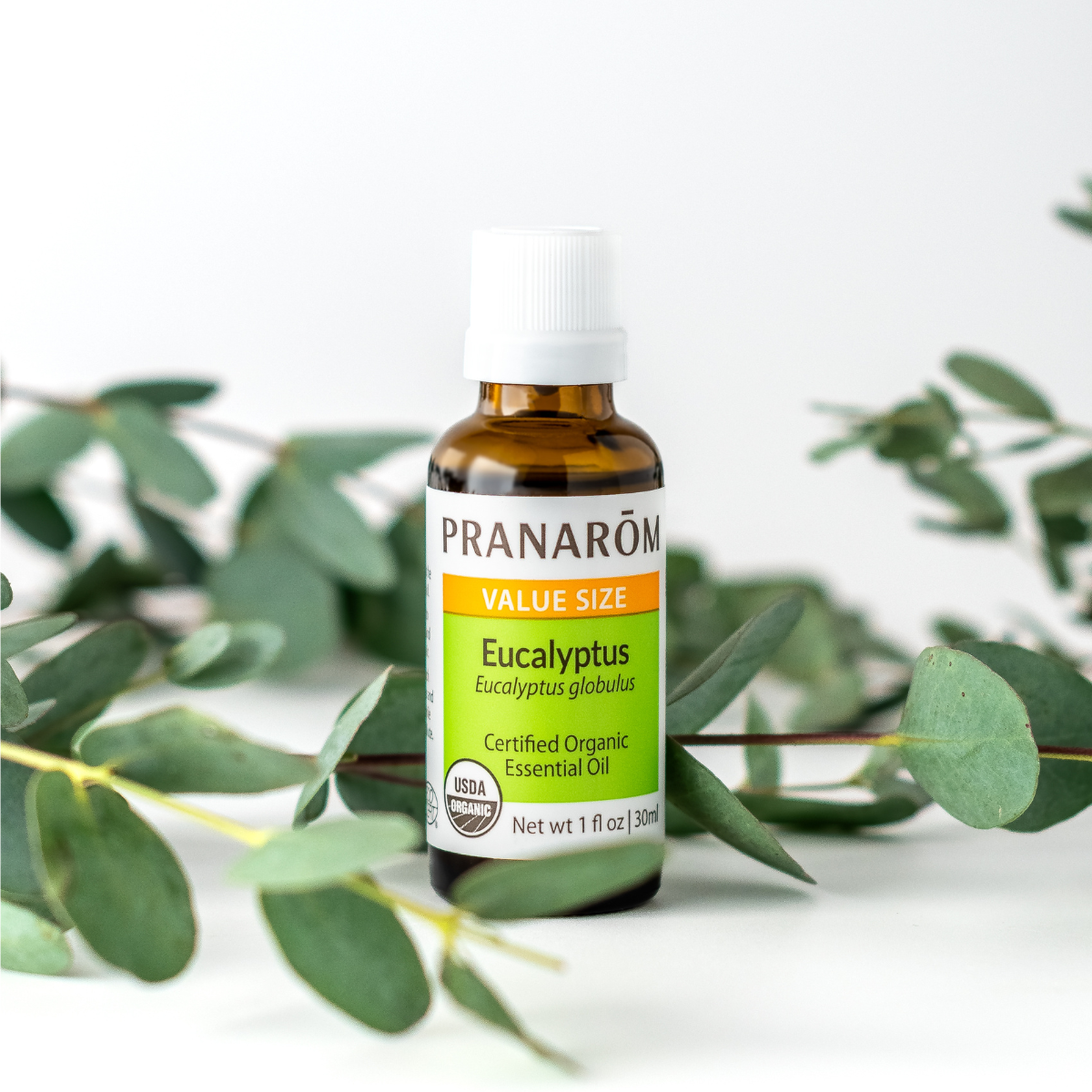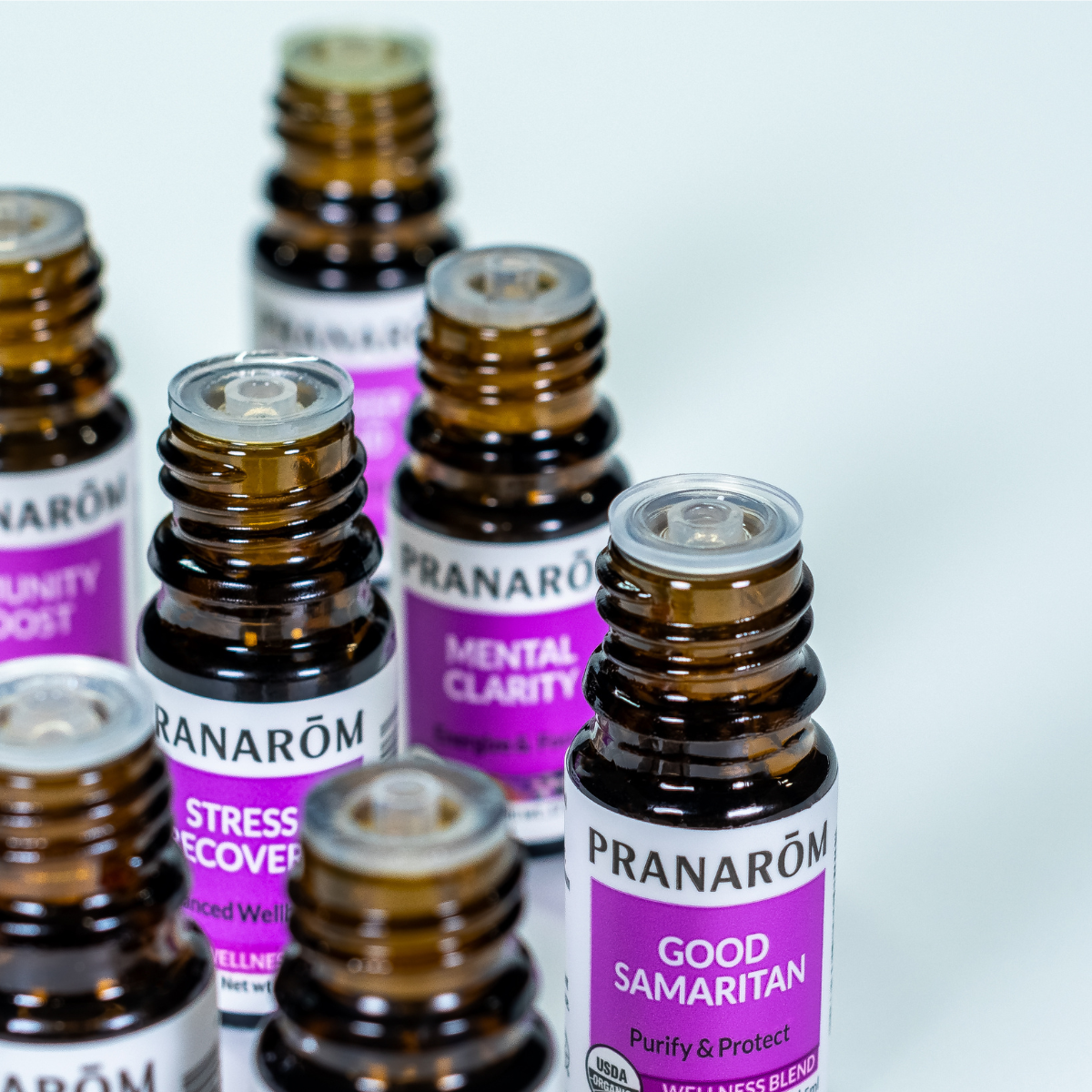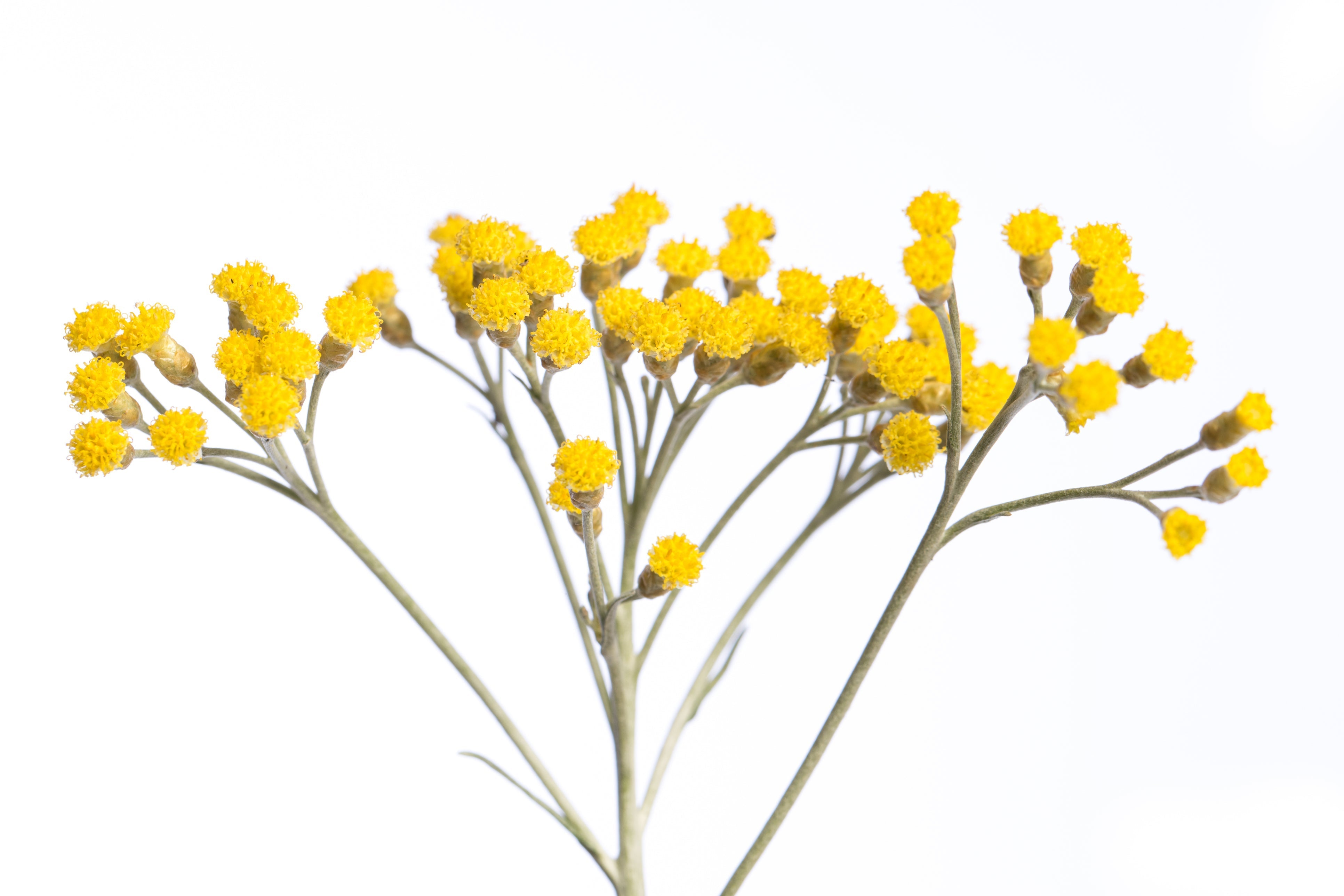Bugs. Indoors and outdoors, once the warm weather hits, they’re everywhere! Essential oils are quite literally nature’s solution for warding off pests – they are the essences that plants create to dissuade harmful insects and predators from harming them or eating them for lunch. Scientific studies are showing that we, too, can use these amazing substances to maintain a healthy relationship with the insect world
Mosquitoes: Eucalyptus Citriodora & Citronella
Mosquitoes are attracted to us by a variety of factors, including sweat, carbon dioxide, and even body heat. Citronella essential oil's strong, citrus-like aroma helps to mask our scent. According to a 2015 randomized control study done in Nepal, Citronella essential oil not only reduces mosquito bites, but does so without causing irritation to the skin (when properly diluted)(1)(2). You can find Citronella essential oil in all of our Aromashield Defense products: Defense Spray, Kids’ Defense Spray, Forest & Field Defense Spray & Outdoor Defense Diffusion.
Eucalyptus Citriodora essential works in a similar way, with its natural compounds para-menthane-diol (PMD) and citronellol combining to confuse mosquitoes' sense of smell. Oil of Lemon Eucalyptus (OLE) and PMD even show up on the CDC's list of recommended active ingredients for protecting against mosquito bites.
Ticks: Cinnamon & Clove
Of all the common bugs to avoid, Ticks are probably at the top of your list. Aside from wearing proper clothing when venturing into thick grasses and woods, studies show that Cinnamon Bark essential oil and Clove Bud essential oil can potentially add an extra layer of protection.
In a 2023 test, researchers observed that ticks were less likely to come into contact with human skin when a solution of Cinnamon and Clove essential oils had been applied (4). Our Forest & Field Defense Spray contains both Cinnamon & Clove essential oil – we recommend spraying liberally on exposed skin and clothing, and washing off thoroughly at the end of the day. Because these two essential oils can be sensitizing, we do not recommend using with children under the age of 12.
Spiders: Peppermint
According to a study done in 2017, peppermint oil has potential when it comes to repelling spiders (5). Because spiders “smell” with their legs, peppermint’s strong menthol content is thought to discourage spiders from taking up residence in areas that have been sprayed with the oil. We find this especially useful for doorways, corners and windows. As a bonus, mice don’t like the scent of peppermint either, making this the perfect spray for cabins and vacation homes. For a DIY spray, mix 1oz water with 10 drops peppermint and a drop or two of dish soap. Shake well before use.
References
(1) Sharma R, Rao R, Kumar S, Mahant S, Khatkar S. Therapeutic Potential of Citronella Essential Oil: A Review. Curr Drug Discov Technol. 2019;16(4):330-339. doi: 10.2174/1570163815666180718095041. PMID: 30019646.
(2) Sajo ME, Song SB, Bajgai J, Kim YJ, Kim PS, Ahn DW, Khanal N, Lee KJ. Applicability of citronella oil (Cymbopogon winteratus) for the prevention of mosquito-borne diseases in the rural area of Tikapur, far-western Nepal. Rural Remote Health. 2015;15(4):3532. Epub 2015 Nov 12. PMID: 26564331.
(3) Lee MY. Essential Oils as Repellents against Arthropods. Biomed Res Int. 2018 Oct 2;2018:6860271. doi: 10.1155/2018/6860271. PMID: 30386794; PMCID: PMC6189689.
(4) Luker HA, Salas KR, Esmaeili D, Holguin FO, Bendzus-Mendoza H, Hansen IA. Repellent efficacy of 20 essential oils on Aedes aegypti mosquitoes and Ixodes scapularis ticks in contact-repellency assays. Sci Rep. 2023 Jan 30;13(1):1705. doi: 10.1038/s41598-023-28820-9. PMID: 36717735; PMCID: PMC9886999.
(5)
Fischer A, Ayasse M, Andrade MCB. Natural Compounds as Spider Repellents: Fact or Myth? J Econ Entomol. 2018 Feb 9;111(1):314-318. doi: 10.1093/jee/tox339. PMID: 29309619.










